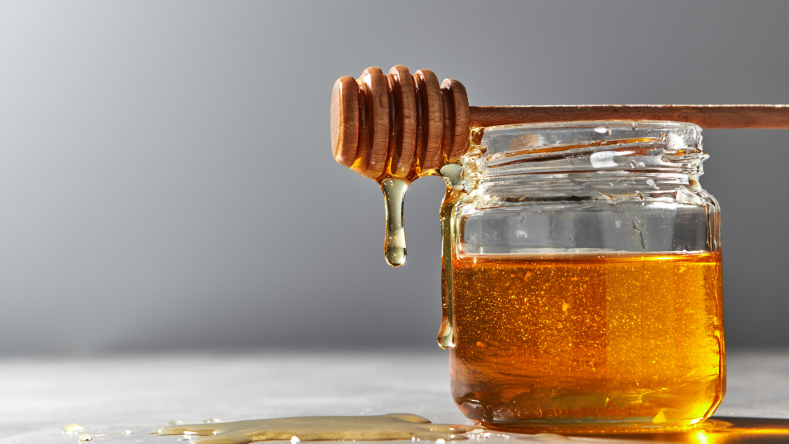Is added sugar bad for athletes?
This question is about Nutrition
Added sugar is not bad for athletes when consumed in moderation. Because consuming too much added sugar is bad for your health, the American Heart Association and Dietary Guidelines for Americans advise limiting your intake of added sugars to 6-10% of your total calories/day [ 1 2
2,000 calories/day: <120-200 calories from added sugar/day (<30-50 g/day)
2,500 calories/day: <150-250 calories from added sugar/day (<37-62 g/day)
3,000 calories/day: <180-300 calories from added sugars (<45-75 g/day)
3,500 calories/day: <210-350 calories from added sugars (<52-87 g/day)
4,000 calories/day: <240-400 calories from added sugars (<60-100 g/day)
Due to the increased demands of training, athletes are at greater risk of nutritional deficiencies and therefore should prioritize nutrient and energy rich foods over lower quality foods with added sugars. Since added sugars contribute a large number of calories but have little nutritional value otherwise, it’s recommended to limit consumption and choose whole foods instead. Additionally, studies show diets high in added sugar can increase your risk of weight gain, obesity, diabetes, heart disease, cancer, and cognitive decline [ 3 4
The best sugars to eat are those that are found naturally in foods like fruit, honey, maple syrup, milk, and yogurt. Foods with natural sugars tend to be higher in water as well as important nutrients, like vitamins, minerals, protein, and fiber, than foods with added sugar, all of which are important for athletes.

People also ask:
References:
Added Sugars. (2021, November 2). American Heart Association. Retrieved April 4, 2022, from
https://www.heart.org/en/healthy-living/healthy-eating/eat-smart/sugar/added-sugars
U.S. Department of Agriculture and U.S. Department of Health and Human Services. Dietary Guidelines for Americans, 2020-2025. 9th Edition. December 2020. Available at
DietaryGuidelines.gov
.The sweet danger of added sugars - E.J.P.D. (n.d.). Retrieved March 21, 2022, from
https://www.ejpd.eu/pdf/EJPD_2019_20_2_1.pdf
Rippe, J. M., & Angelopoulos, T. J. (2016). Relationship between Added Sugars Consumption and Chronic Disease Risk Factors: Current Understanding. Nutrients, 8(11), 697.
https://doi.org/10.3390/nu8110697
